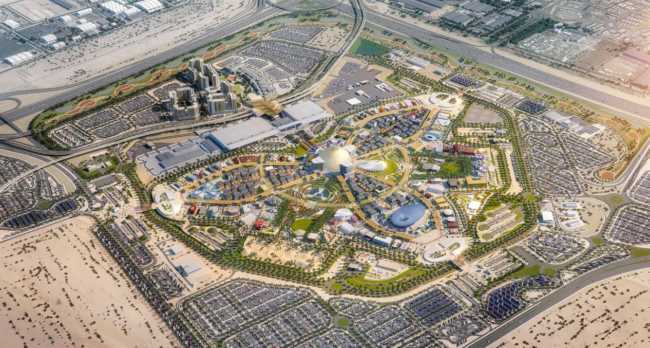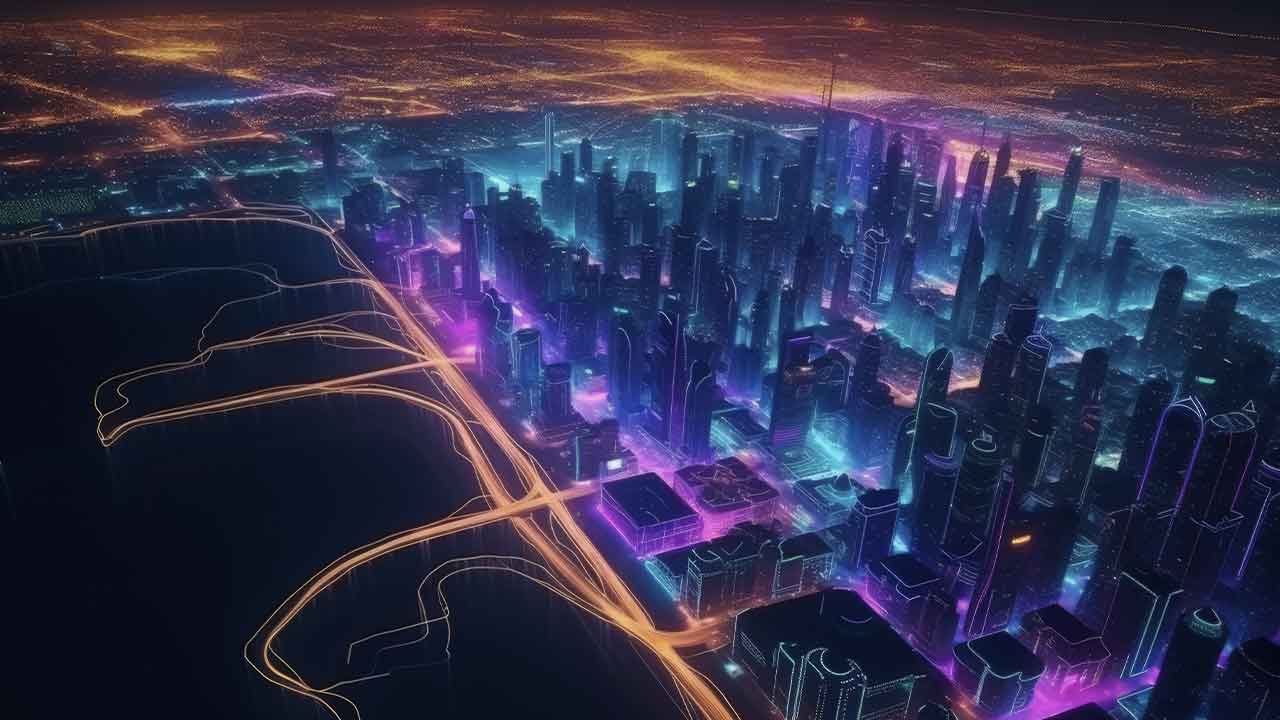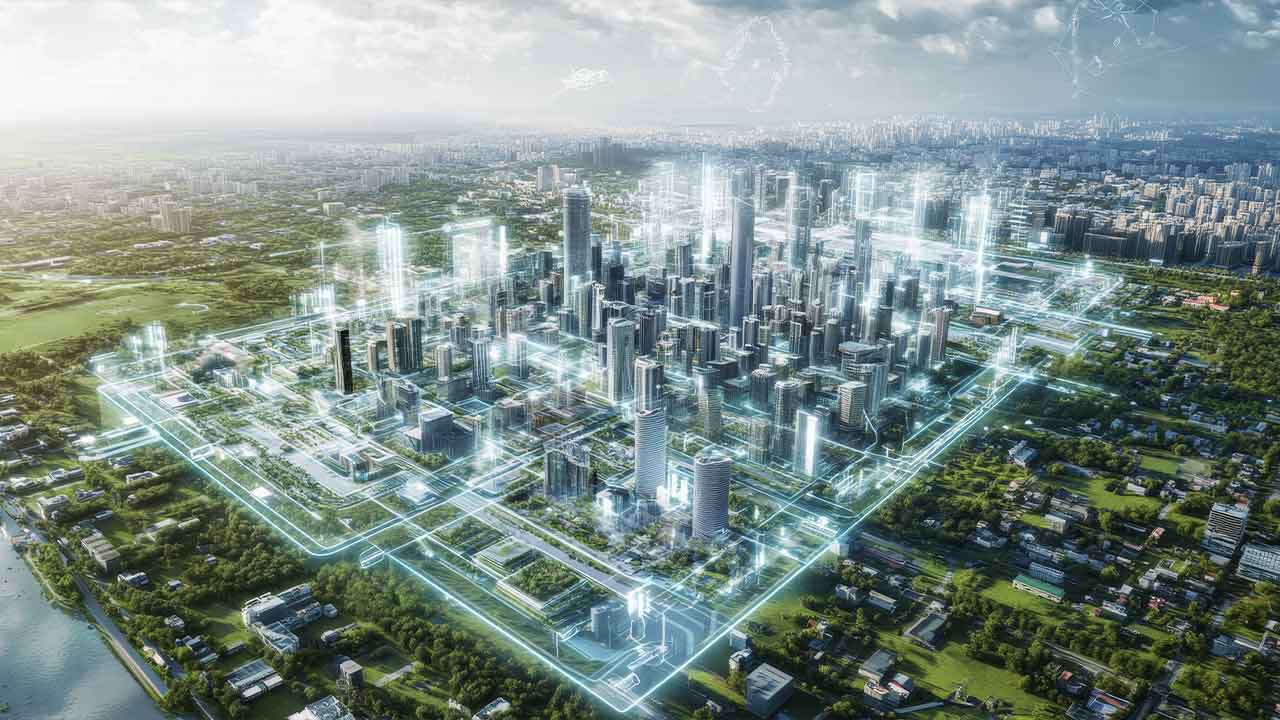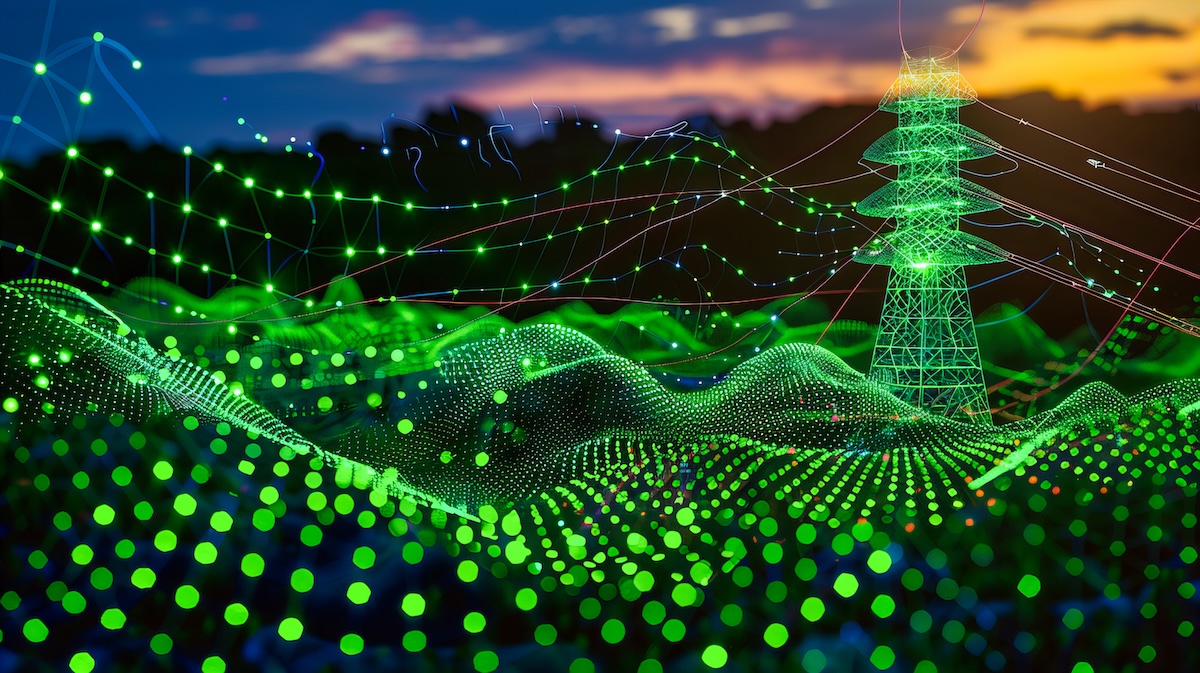Expo 2020 Dubai: Is this what the city of the future looks like?
Eiffel Tower and the Atomium, color TV and the zipper: a World Expo is about spectacular structures and ingenious inventions. Architecture and innovative technology have never been as closely linked as they’re going to be at Expo 2020 Dubai. More than 130 buildings at the site will be connected via Internet of Things or IoT technology, making Expo 2020 Dubai a blueprint for future smart cities. Thanks to a newly developed application, the infrastructure can be monitored and controlled in real-time on a smartphone.
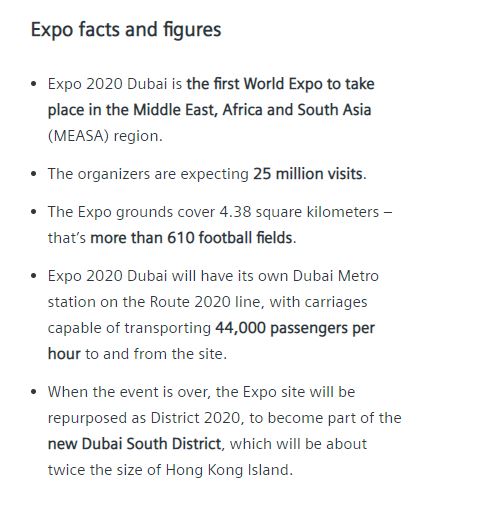 At the 1889 World Expo in Paris, the Eiffel Tower made architectural history. It demonstrated the height to which a structure could be built using a new iron working process. Until 1930, “La Tour Eiffel” was still the tallest structure in the world – and continues to be the most famous World Expo landmark of all time.
At the 1889 World Expo in Paris, the Eiffel Tower made architectural history. It demonstrated the height to which a structure could be built using a new iron working process. Until 1930, “La Tour Eiffel” was still the tallest structure in the world – and continues to be the most famous World Expo landmark of all time.
The first World Expo in the Middle East, Africa and South Asia (MEASA) region begins in October of 2020 in Dubai. Visitors can once again look forward to spectacular buildings whose technologies push the boundaries of the possible, just as the Eiffel Tower once did.
This time, however, the height of the buildings will be secondary – and not just because Dubai already has the world’s tallest skyscraper, the Burj Khalifa. Expo 2020 Dubai is focused on three themes: Opportunity, Mobility and Sustainability.
The site is divided into three Thematic Districts, each featuring a Thematic Pavilion with unique architecture inspired by its theme. For example the Sustainability Pavilion, with its impressive solar-panel-covered canopy and ability to create water from the air around it, demonstrates how it’s possible to supply power from renewable sources and use natural resources sustainably.
Connected by the Internet of Things
Architecture enthusiasts might easily overlook one of the most exciting technological city innovations. The entire Expo site, which is currently under construction, is being digitally connected by Siemens, the official Infrastructure Digitalization Partner for Expo 2020 Dubai – from air-conditioning and elevators to access control.
More than 130 buildings on the 4.38-square-kilometer site will be interconnected via the Internet of Things (IoT). Altogether, several hundred thousand sensors will communicate with a central IoT platform via subsystems, making Expo 2020 Dubai the most digitally connected World Expo in the event’s 167-year history.
An entire city on a smartphone
To analyze the data in MindSphere, Siemens is working closely with the organizers of Expo 2020 Dubai to develop a smart city app that will be used for the first time at the mega event. The app conveys the idea of the potential of a pervasive digital infrastructure. For instance, it can supply detailed environmental data such as air quality and weather conditions, and can monitor and control irrigation systems on the Expo grounds.
By the time the Expo opens, the software will also be able to monitor electric-vehicle charging and provide information on the sustainability of plant operation. With the aid of artificial intelligence, the app will also be able to make predictions. When it’s connected to a weather station, it can use current and historical weather data and air-quality measurements to forecast the likelihood of a sandstorm, and recommend how best to protect the Expo infrastructure. More about City Digitalization and City 4.0
But that’s just the beginning. What’s actually being created here, in collaboration with the organizers of Expo 2020 Dubai, is a test run for the future smart city, because the app can be expanded to accommodate all possible use cases and has the potential to become the smart city’s all-purpose tool. “This new digital application will help Expo 2020 Dubai become the most connected World Expo in history; a great step forward as we continue to explore how digitalization and IoT technologies can address urban challenges,” said Dr. Roland Busch, Chief Operating Officer and Chief Technology Officer, Siemens AG. “By integrating the infrastructure of the largest-ever event in the Middle East with the Internet of Things, we have the potential to inform the development of future smart cities around the world.”
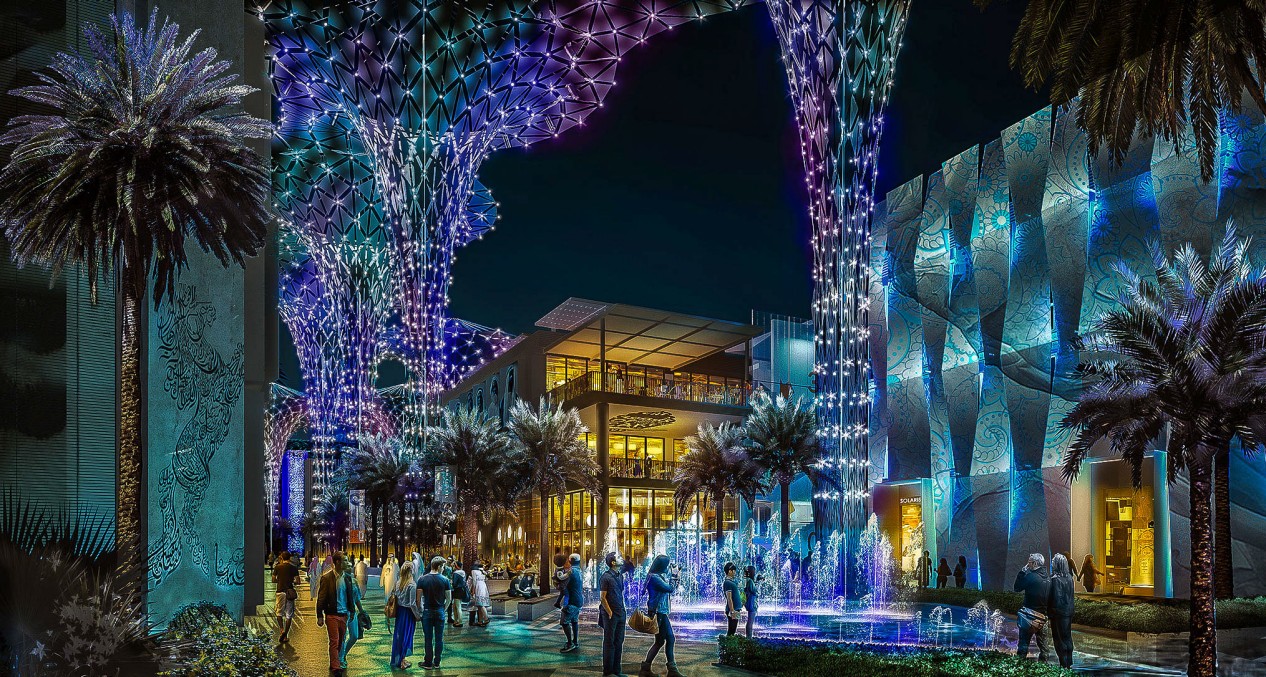
Behind the futuristic facade lies pioneering technology. All the buildings on the premises are connected to the IoT. Some 200,000 data points supply information to MindSphere.
Different cities, different challenges
Obviously, not all cities have to be prepared for sandstorms. Taipei, Los Angeles, and Buenos Aires face very different challenges – and the digitalization of infrastructure offers new and flexible ways to manage many different types of conditions worldwide. “Our solution in Dubai will demonstrate how smart infrastructure can contribute to more liveable, more sustainable cities around the world”, says Oliver Kraft, Siemens’ Head of Project and Account Management for Expo 2020 Dubai. “Ultimately, our work is not just about ingenious technology, but about creating added value for society and making our cities better places to live.”
The partnership between Siemens and Expo 2020 Dubai is a prime example of how this can be achieved. The first step is to create the technical foundation for centralized data collection. The second is to work together to understand how the rich pool of data can best be used to inform the development of relevant solutions and, in the process, build the city’s strategic knowledge base.
Transferrable innovation
In the coming decades, Paris will continue to be the Eiffel Tower’s only location (with a smaller version in Las Vegas). The concepts underlying the smart city that is being created in Dubai, however, can be beneficially applied around the world. Demonstrating this type of innovative solution is a declared goal of the organizers of Expo 2020 Dubai. “Innovation is the focus of World Expos and of the UAE,” says Mohammed Alhashmi, Chief Technology Officer at Expo 2020 Dubai. “In conjunction with Dubai’s ambitious plans to be a pioneer in smart-city technology, and through our partnership with Siemens, we’re excited to be setting an example to a worldwide audience of what smart city technology can achieve.”
The original version of this article can be accesed here. Picture credits: Expo 2020 / Siemens AG
